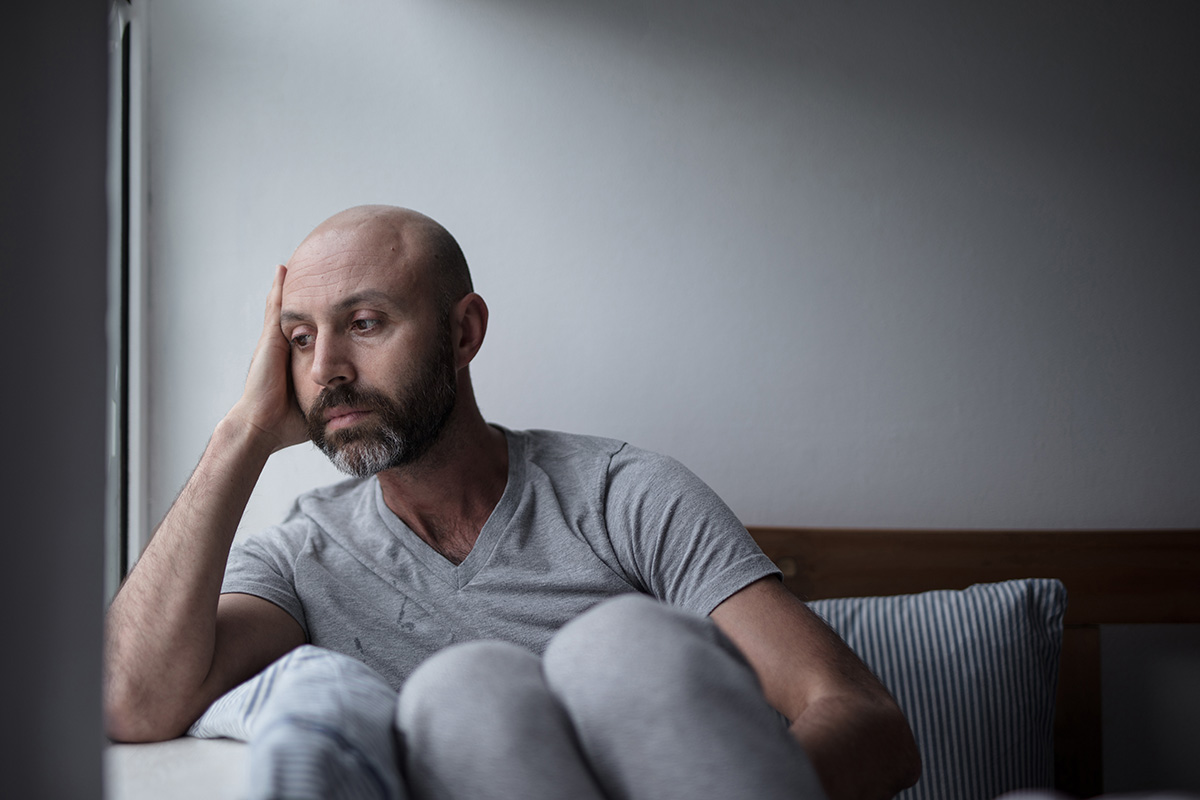Mental health and substance abuse go hand-in-hand and often create a debate similar to the chicken and the egg. It’s hard to know if substance use contributes to mental health issues or if mental health issues trigger substance use; sometimes, it’s both. One thing is for sure. They are related. Studies show that half of all people with a mental health disorder or substance use disorder will also develop the other. This proves that one’s outcome is directly related to the other’s outcome, and knowing what mental health issues lead to relapse can potentially help you avoid the situation altogether. Midwest Recovery can help!
What is a Relapse?
Relapse is generally defined the same all across the world. When someone relapses with alcohol or drugs, a person who wasn’t using returns to using substances. When a person with mental illness relapses, their symptoms have returned, and they are less able to function. The two often occur simultaneously or make the other worse, but they can also occur separately.
Relapse is a term that has gotten a negative connotation and is highly associated with addiction, but it goes beyond that. Many people dislike the term, claiming that if someone with heart disease has a second heart attack, they aren’t described as relapsing, just having a second attack. This makes sense, and hopefully, people will begin to understand that while it is not desired, relapse is simply a step backward on the road to recovery and can be managed with help.
Common Mental Health Issues and Your Chances of Relapsing
Many things can be triggers that lead to a relapse in your addiction recovery process, but mental health issues such as stress, anxiety, or depression are a common trigger. Repeated stress and trauma in and of itself has been shown to change brain chemistry and increase cravings for the very addictive substances you are trying to avoid. Here’s how two of the more commonly associated mental illness issues can lead to a relapse.
Depression
More than just feelings of sadness, depression occurs in people who experience hopelessness for at least two weeks. It affects approximately 1 in 15 people. If you are diagnosed with depression, you may also:
- Lack of motivation or energy
- Feel restless or irritable
- Have changes in appetite or weight
- Experience headaches or other physical discomforts
- Feel hopeless or helpless
Depression becomes a trigger because people turn to alcohol or drugs to cope with their negative thoughts or overwhelming mood changes. Alcohol use is widespread due to its sedative effects. Around 40% of people who experience depression will also have a substance abuse disorder, with one-third of those who suffer from major depression having a co-occurring alcohol use disorder.
Anxiety
Anxiety takes on many forms, from social anxiety to panic attacks to general anxiety from stress. These all include some anxious feelings that don’t go away and begin to affect your daily life. You may:
- Be more irritable
- Have more tension
- Feel restless
- Have problems with concentration or memory
- Get tired easily
When the anxiety becomes too much to handle, people sometimes turn to substances to help control their anxious feelings. According to studies, anxiety occurs before a substance use disorder in nearly 75% of cases. Eventually, using substances makes you more anxious, leading to a repeat cycle and causing more chance for a relapse.
Midwest Recovery Center Can Help
Life happens, but how you handle it can make all the difference. If you’re struggling with mental health issues and are worried that you may relapse, Midwest Recovery Center wants to help. For more information, visit our website, call us at 833.627.0039, or contact us online.







